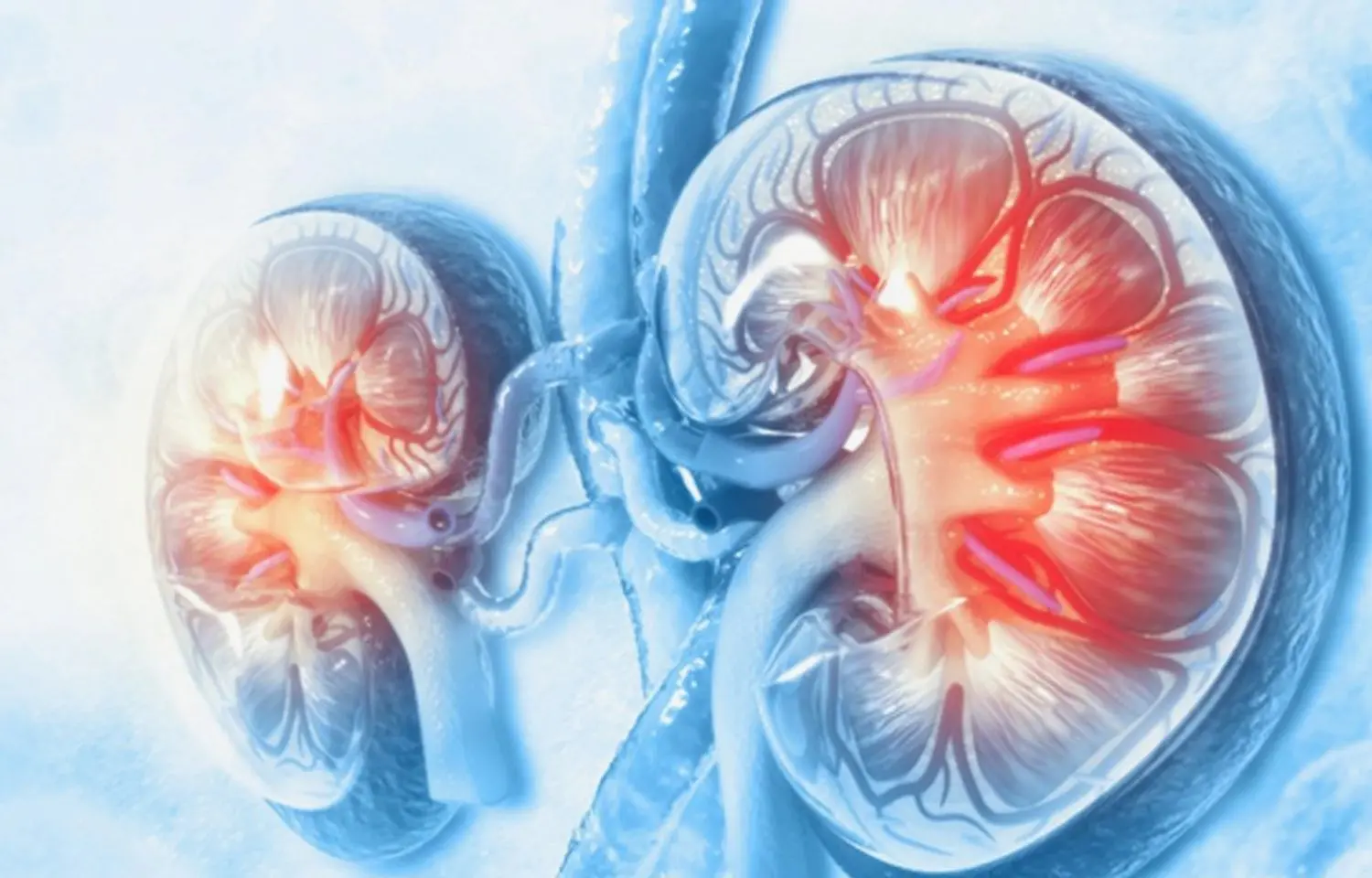- Home
- Medical news & Guidelines
- Anesthesiology
- Cardiology and CTVS
- Critical Care
- Dentistry
- Dermatology
- Diabetes and Endocrinology
- ENT
- Gastroenterology
- Medicine
- Nephrology
- Neurology
- Obstretics-Gynaecology
- Oncology
- Ophthalmology
- Orthopaedics
- Pediatrics-Neonatology
- Psychiatry
- Pulmonology
- Radiology
- Surgery
- Urology
- Laboratory Medicine
- Diet
- Nursing
- Paramedical
- Physiotherapy
- Health news
- Fact Check
- Bone Health Fact Check
- Brain Health Fact Check
- Cancer Related Fact Check
- Child Care Fact Check
- Dental and oral health fact check
- Diabetes and metabolic health fact check
- Diet and Nutrition Fact Check
- Eye and ENT Care Fact Check
- Fitness fact check
- Gut health fact check
- Heart health fact check
- Kidney health fact check
- Medical education fact check
- Men's health fact check
- Respiratory fact check
- Skin and hair care fact check
- Vaccine and Immunization fact check
- Women's health fact check
- AYUSH
- State News
- Andaman and Nicobar Islands
- Andhra Pradesh
- Arunachal Pradesh
- Assam
- Bihar
- Chandigarh
- Chattisgarh
- Dadra and Nagar Haveli
- Daman and Diu
- Delhi
- Goa
- Gujarat
- Haryana
- Himachal Pradesh
- Jammu & Kashmir
- Jharkhand
- Karnataka
- Kerala
- Ladakh
- Lakshadweep
- Madhya Pradesh
- Maharashtra
- Manipur
- Meghalaya
- Mizoram
- Nagaland
- Odisha
- Puducherry
- Punjab
- Rajasthan
- Sikkim
- Tamil Nadu
- Telangana
- Tripura
- Uttar Pradesh
- Uttrakhand
- West Bengal
- Medical Education
- Industry
Model accurately predicts acute kidney injury after cardiac surgery: JAMA

Cleveland, Ohio: A prediction model based on perioperative basic metabolic panel laboratory values among patients undergoing cardiac surgery performed well for predicting moderate to severe acute kidney injury (AKI) within 72 hours and 14 days following the surgery, says a recent study in JAMA.
Acute kidney injury is a serious complication of cardiac surgery, and its severe form is tied to significant morbidity and mortality. Effective AKI treatment is predicated on timely diagnosis; however, therapy initiation may be delayed by the lag in the increase in serum creatinine levels after kidney injury. Sevag Demirjian, Department of Nephrology and Hypertension, Cleveland Clinic, Cleveland, Ohio, and colleagues, therefore, aimed to determine the derivation and validation of predictive models for AKI after cardiac surgery.
For this purpose, the researchers derived multivariable prediction models based on a retrospective observational cohort of adult patients undergoing cardiac surgery between January 2000 and December 2019 from a US academic medical center (n = 58 526). They were subsequently validated on an external cohort from 3 US community hospitals (n = 4734). The final follow-up was done on January 15, 2020.
Exposures were perioperative changes in serum creatinine and postoperative blood urea nitrogen, potassium, serum sodium, albumin, and bicarbonate from the first metabolic panel after cardiac surgery.
The main outcomes were the area under the receiver-operating characteristic curve (AUC) and calibration measures for moderate to severe AKI, AKI requiring dialysis prediction models within 72 hours and 14 days following surgery, and per Kidney Disease: Improving Global Outcomes (KDIGO).
Following were the study's salient findings:
- In a derivation cohort of 58 526 patients (median age, 66 years; 67% men; 91% White participants), the rates of moderate to severe AKI and AKI requiring dialysis were 4.6% and 1.48% within 72 hours and 5.4% and 1.74% within 14 days after surgery.
- The median interval to the first metabolic panel from the conclusion of the surgical procedure was 10 hours.
- In the derivation cohort, the metabolic panel-based models had excellent predictive discrimination for moderate to severe AKI within 72 hours (AUC, 0.876) and 14 days (AUC, 0.854) after the surgical procedure and for AKI requiring dialysis within 72 hours (AUC, 0.916) and 14 days (AUC, 0.900) after the surgical procedure. In the validation cohort of 4734 patients (median [age, 67 years; 71% men; 87% White participants), the models for moderate to severe AKI after the surgical procedure showed AUCs of 0.860 within 72 hours and 0.842 within 14 days and the models for AKI requiring dialysis and 14 days had an AUC of 0.879 within 72 hours and 0.873 within 14 days after the surgical procedure.
- Calibration assessed by Spiegelhalter z test showed P >.05 indicating adequate calibration for both validation and derivation models.
"Prediction models based on perioperative basic metabolic panel laboratory values after cardiac surgery were derived and validated to predict the risk of postoperative acute kidney injury within 72 hours and 14 days," wrote the authors. They add, "further research is although required to determine whether the use of the risk prediction tool improves clinical outcomes.
Reference:
Demirjian S, Bashour CA, Shaw A, et al. Predictive Accuracy of a Perioperative Laboratory Test–Based Prediction Model for Moderate to Severe Acute Kidney Injury After Cardiac Surgery. JAMA. 2022;327(10):956–964. doi:10.1001/jama.2022.1751
KEYWORDS: acute kidney injury, cardiac surgery, prediction model, surgery complications, Sevag Demirjian, JAMA, AKI, prediction
Dr Kamal Kant Kohli-MBBS, DTCD- a chest specialist with more than 30 years of practice and a flair for writing clinical articles, Dr Kamal Kant Kohli joined Medical Dialogues as a Chief Editor of Medical News. Besides writing articles, as an editor, he proofreads and verifies all the medical content published on Medical Dialogues including those coming from journals, studies,medical conferences,guidelines etc. Email: drkohli@medicaldialogues.in. Contact no. 011-43720751


